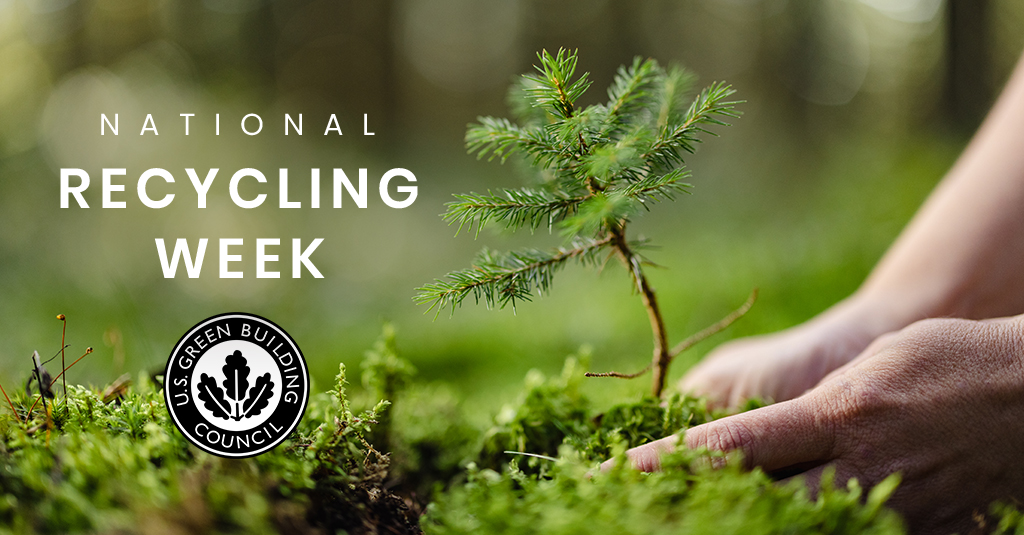
This year was the 20th anniversary of National Recycling Week, an initiative intended to educate and excite the public about the possibilities of recycling. Although Americans had been reusing materials for generations, such as crafting clothing out of flour sacks during the Depression, the advent of single-use containers meant that waste was piling up at an alarming rate.
The first mass recycling campaign, called “Ban the Can,” was introduced in the United States shortly after the Second World War. Americans were encouraged to gather their scrap metal, paper, and more to recycle. Cans and bottles, previously simply reused by the public or thrown away, could now be returned for deposits. Bottling plants unveiled their own recycling programs, too.
In the 1970s, the Environmental Protection Agency, or EPA, was born, and more people became aware of the problems associated with excess waste. Since then, we’ve made great strides in the field of recycling. Americans recycle about a third of the waste they produce, which translates to about 700 pounds of waste recycled per person each year!
We’ve come a long way, but we’ve still got a distance to go. According to the EPA, as much as 75 percent of our trash could be recycled, but a significant majority of people only recycle when it’s convenient. We’re missing out on a lot of opportunities to keep our world cleaner, and this year’s Recycling Week is poised to change that.
We could save millions of tons of carbon dioxide from the atmosphere by simply recycling. “Missed capture” refers to all the items that could be recycled but are often overlooked, including:
- Cartons and paperboard packaging
- Shampoo bottles and other plastic toiletries
- Plastic containers
- Food and drink cans
- Plastic drink bottles
- Wine corks and egg cartons
- Paper
- Glass
- Aluminum foil and other metals
- Paper bags
During this special week, which is devoted to all things green, Jacaranda, Inc. is proud to serve as a member of the US Green Building Council. We’re committed to environmentally friendly building materials, such as our sustainable wood veneers, and practices that promote a healthier world for all.
Wood is one of the most environmentally friendly building materials, and at Jacaranda, we’ve patented a technique that enables us to get 300% more wood veneer from each log we use. That translates to using fewer trees to produce the same amount of veneer. We also are committed to sustainable practices not just when it comes to crafting veneer but also in terms of harvesting and planting trees and in protecting the communities in which those trees are grown. We work with an eye to the future and the needs of new generations, and that means we remain committed to the environment and eco-friendly practices. Contact Jacaranda today to learn more.


